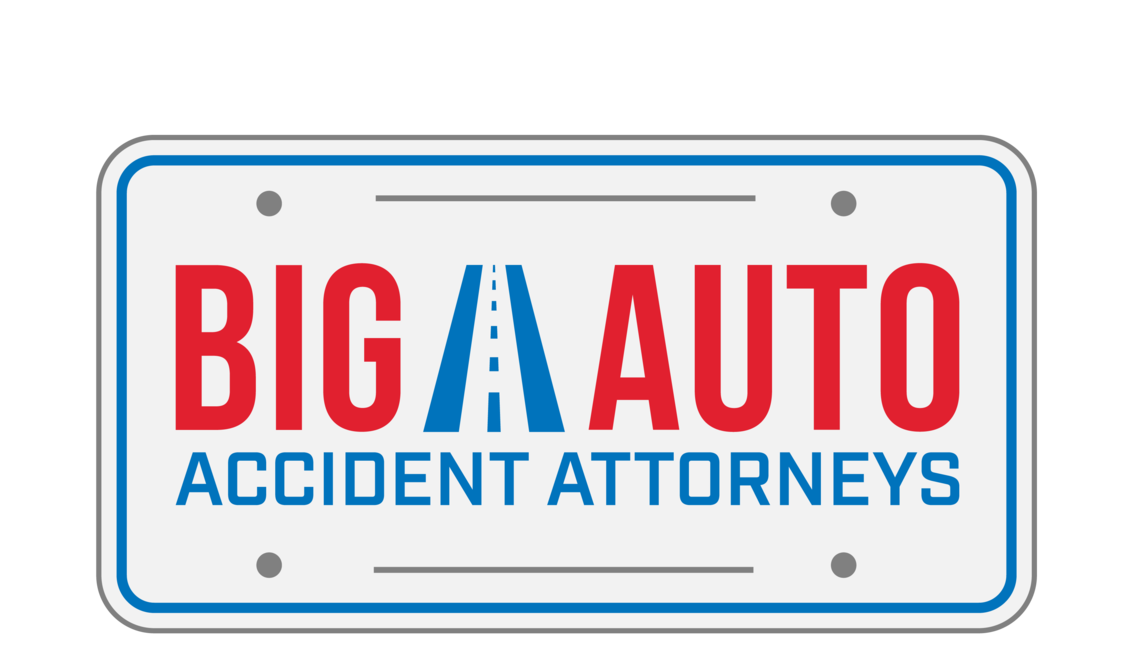Is Arizona A “Fault” Or “No-Fault” State For Car Accidents?
FREE CASE REVIEWUnderstanding how Arizona handles car accident liability is crucial for anyone driving in the state. If you’ve been in a car crash, you may be wondering: who pays for the damages? Arizona follows an “at-fault” system, meaning the driver responsible for the accident is liable for covering damages. Our team at Big Auto is here to break it all down so you know exactly what to expect if you’re involved in a collision.
What Does “At-Fault” Mean?
An at-fault system, also known as a “tort” system, means that the driver who caused the accident is responsible for paying for damages, including:
- Medical expenses
- Vehicle repairs
- Lost wages
- Pain and suffering
This is different from a “no-fault” system, where each driver’s insurance covers their own damages regardless of who caused the crash.
How Fault is Determined in Arizona
Fault is determined based on evidence collected after the accident. Common factors used to establish liability include:
- Police reports – Officers at the scene will assess what happened and document their findings.
- Eyewitness statements – Statements from bystanders or other drivers can support your claim.
- Traffic camera or dashcam footage – Video evidence can clearly show what happened.
- Accident reconstruction – Experts can analyze skid marks, vehicle damage, and other factors to determine how the accident occurred.
Arizona follows comparative negligence, which means multiple parties can share responsibility for an accident. If you are partially at fault, your compensation will be reduced by your percentage of fault. For example, if you are 20% at fault and your damages total $10,000, you can only recover $8,000.
How to Seek Compensation After a Car Accident
If you’re injured in a car accident caused by another driver, you have several options for recovering damages:
- Filing a claim with the at-fault driver’s insurance – Their liability insurance should cover your medical expenses and property damage.
- Filing a claim with your own insurance – If the other driver is uninsured or underinsured, you may need to rely on your policy’s uninsured/underinsured motorist coverage.
- Filing a lawsuit – If the insurance settlement isn’t enough to cover your losses, you may need to take legal action.
Arizona’s Minimum Insurance Requirements
Because Arizona is an at-fault state, all drivers must carry a minimum amount of car insurance to cover potential damages. As of 2024, the state’s minimum requirements are:
- $25,000 per person for bodily injury liability
- $50,000 per accident for bodily injury liability
- $15,000 per accident for property damage liability
While these limits meet legal requirements, they may not be enough in a serious accident. Carrying higher coverage limits or additional policies such as uninsured motorist coverage can offer better protection.
What Happens if the At-Fault Driver is Uninsured?
Despite Arizona law requiring insurance, many drivers are still uninsured. If an uninsured driver causes your accident, your options include:
- Uninsured motorist coverage (UM) – If you have this optional policy, it can cover your medical bills and damages.
- Filing a lawsuit against the at-fault driver – However, if they lack insurance, they may also lack assets to cover your damages.
- Medical payments coverage (MedPay) – This optional insurance can help with medical costs regardless of who is at fault.
Why You Need a Lawyer After a Car Accident
Navigating Arizona’s fault system can be complicated, especially when insurance companies try to minimize payouts. An experienced car accident attorney can:
- Investigate the accident and gather crucial evidence
- Negotiate with insurance companies on your behalf
- Fight for maximum compensation if your claim is undervalued or denied
- Represent you in court if necessary
The Big Auto Difference
At Big Auto, we stand up for accident victims and make sure insurance companies don’t take advantage of you. If you’ve been in a car accident, don’t wait—contact our team for a free consultation today. We don’t get paid unless we win your case, and we’ll fight to get you the compensation you deserve.


